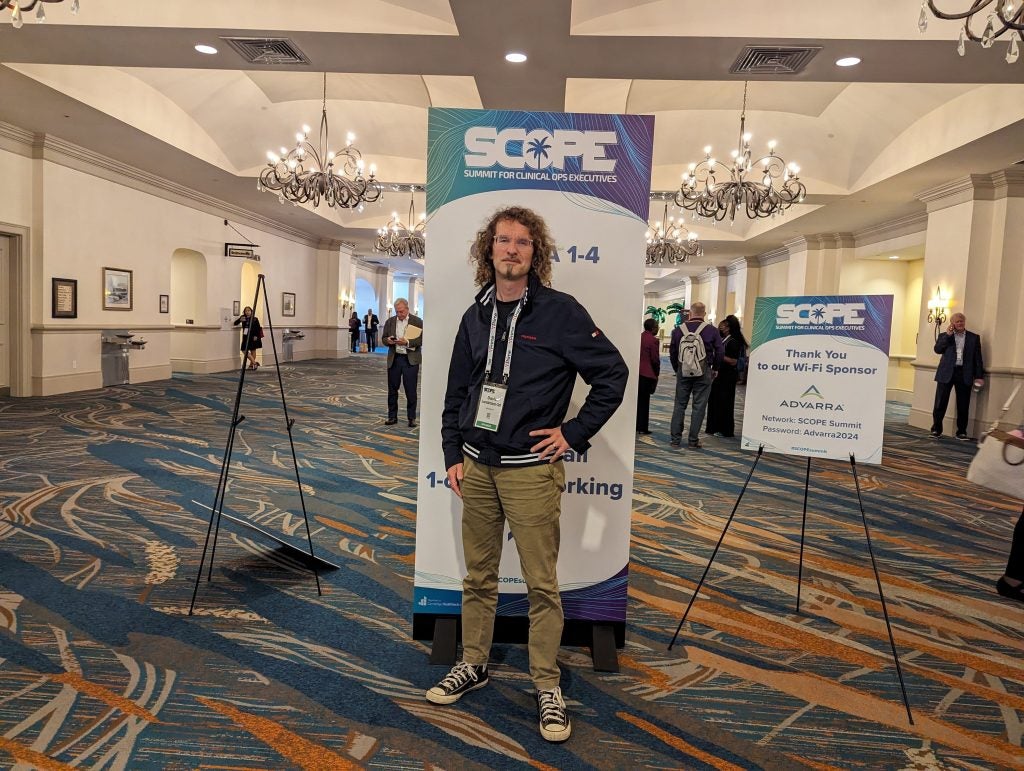Sanofi and Denali Therapeutics’ amyotrophic lateral sclerosis (ALS) therapy, SAR443820/DNL788, failed to meet its primary endpoint in the Phase II HIMALAYA trial.
The therapy could not demonstrate a reduction in ALS Functional Rating Scale-Revised (ALSFRS-R), the primary endpoint of the Phase II trial (NCT05237284). ALSFRS-R is a validated tool to assess the severity of ALS and monitor a patient’s functional performance.
ALS is a rare fatal motor neuron disease. It is characterised by progressive degeneration of nerve cells in the spinal cord and brain. The disease affects 2 in 100,000 people per year, according tothe US ALS Association.
Sanofi is investigating SAR443820/DNL788 as a treatment for multiple sclerosis (MS) in a Phase II trial (NCT05630547). The study has enrolled 174 participants and is expected to conclude in 2025, as per ClinicalTrials.gov.
Sanofi acquired the ALS therapy as part of a $1bn deal to license multiple drug candidates from Denali. The drugs were designed to target the receptor-interacting serine/threonine-protein kinase 1 (RIPK1) in the TNF receptor pathway associated with inflammation and cell death. The partnership has suffered multiple setbacks.
In October 2023, Sanofi discontinued the Phase II trial (NCT04781816) for RIPK1 inhibitor, eclitasertib, in patients with cutaneous lupus erythematosus (CLE). The study failed to meet its primary endpoint of changing the Cutaneous LE Disease Area and Severity Index (CLASI) from baseline at 12 weeks. Eclitasertib is being investigated as a treatment for ulcerative colitis in a Phase II RESOLUTE trial (NCT05588843). The study is expected to enrol 182 participants andconclude in 2025.
In June 2020, Denali and Sanofi paused clinical studies with DNL747 in Alzheimer's disease and ALS. The companies stated, “due to emerging evidence that higher levels of target inhibition may be required for maximizing efficacy, and challenges to achieving higher doses imposed by molecule-specific toxicity findings with DNL747, we are pausing additional studies with this molecule," in a June 2020 press release. The companies then decided to invest their resources into developing DNL788.
















